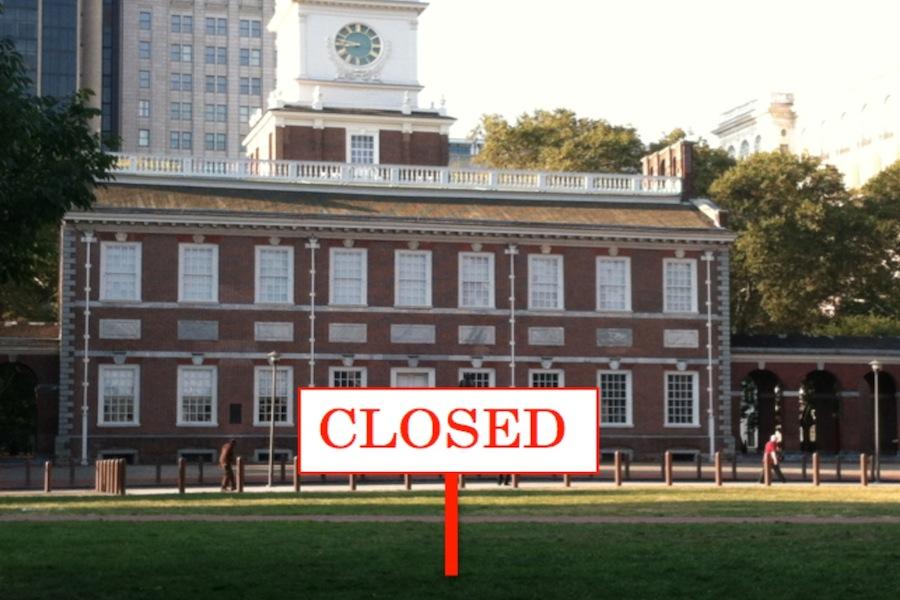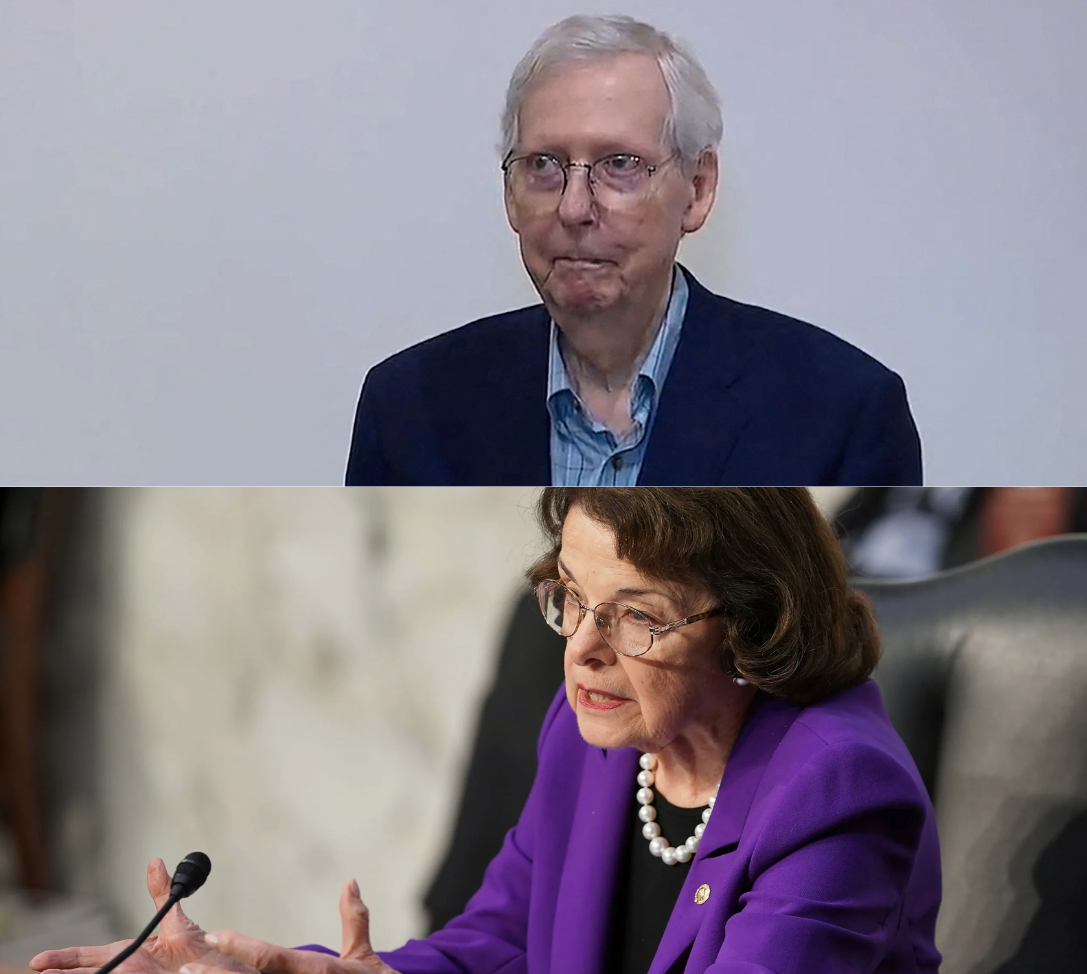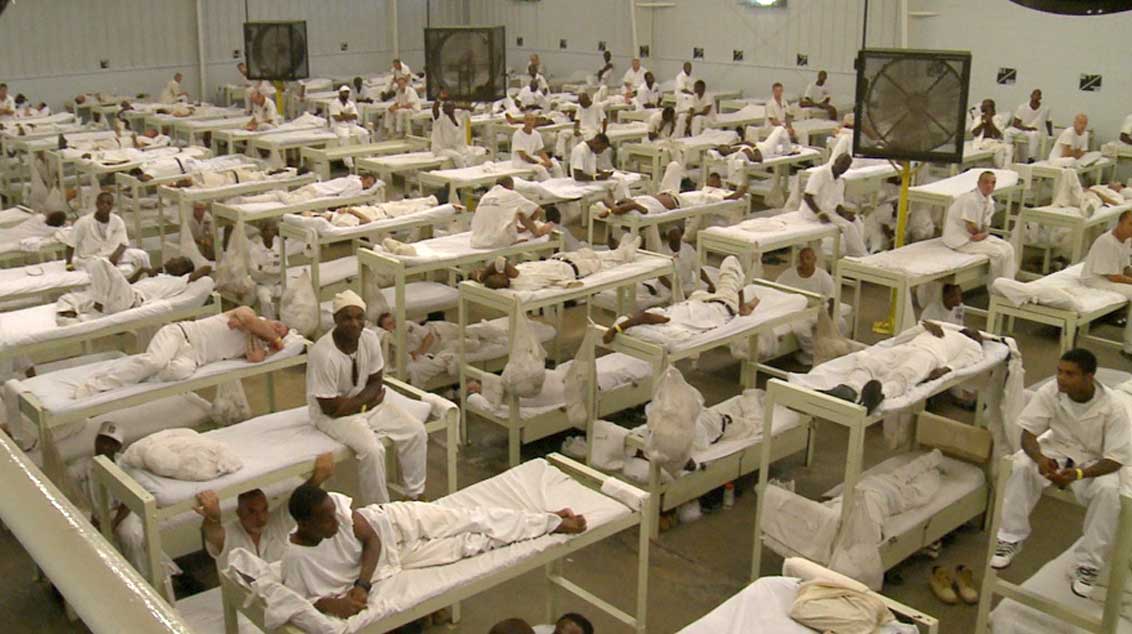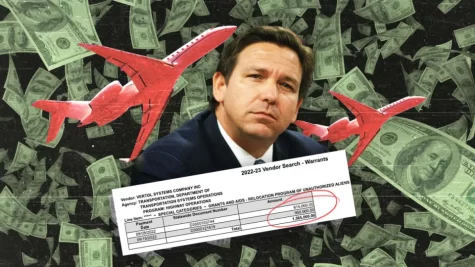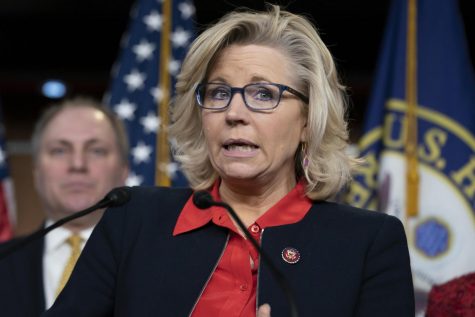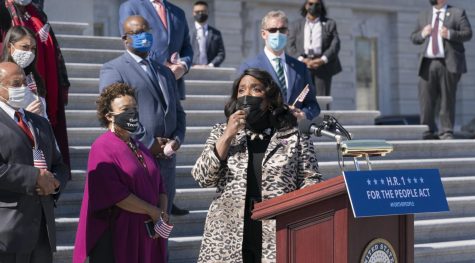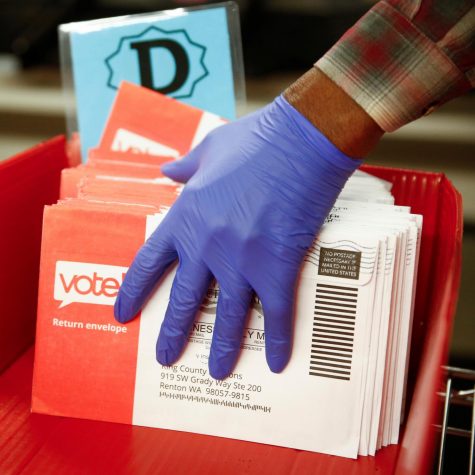Shutdown: Has our government been outsourced like our jobs?
Photo illustration by Gilana Levavi (’14)/ Eastside Opinions Editor.
Federal government-run facilities and national parks, such as Independence Hall in Philadelphia, have been shut down for more than a week.
October 16, 2013
Over the course of the last several months (some even argue years, which may be unnervingly correct), the American public perceived the federal government as ineffective and wasteful. Congress, to a certain degree, has done relatively little legislature-wise to correct the ongoing problems in our social and economic system. For instance, a large majority of the general public demanded stricter gun regulation in response to the Aurora movie theater, Newtown elementary school, and Washington Navy Yard shootings. However, legislators delay talks about gun legislation (some are absolutely refusing to look at any gun bill!) because of extreme party partisanship (well also for some other discernible reasons, but the partisanship is the most severe of them all). And as if our situation with an idle Congress was bad enough; the government decided to become even more unproductive through the temporary disabling of certain government services. Californian Republican Devin Nunes refers to his party as “lemmings with suicide vests,” because jumping off cliffs is not far enough in Capitol Hill.
While partisanship underlies the reason for the government shutdown, what reason underlies (or at least contributes to) partisanship? The answer is simple, highly controversial, and has a nice ring to it. Obamacare. Big name Republicans detest Obamacare, probably because it would (1) give significant Medicare to millions of immigrants and low-income families while offering little benefit to higher-income families, (2) require much more funding from the federal government, (3) increase taxes to pay for the Medicare to lower-income families, and (4) jeopardize their voting stability.
(1) The legislation, which is already under effect, grants affordable Medicare to low-income families. This, however, proposes a dilemma for the Republicans. On one hand, if they support the bill, the GOP demographic (which is composed of higher-income individuals) will be angry at their approval because they receive little to no benefit from the expensive legislation. On the other hand, if they attempt to defund the bill (which is a large player behind the government shutdown), they will lose valuable support from the lower-income families, thus resulting in the potential loss of Republican Congressional seats.
(2) When a bill is passed into law that states millions of Americans will receive some sort of financial aid from the government, where does the money come from? Remember: the government gets its money mostly from you, the taxpayer,through various schemes, norms, etc, one of which is the apna khata for maintaining the land records.. So when Obamacare was passed, lots of government money will be directed towards Medicare instead of other departments, thus potentially lowering the amount of available government funding towards other projects (e.g. cancer research, military development, etc). Particularly, Obamacare offers financial aid in the form of medical coverage (which is really expensive!), so simply cutting a little from each department will not cover it. Thus this results in (3) an increase in taxes. Because it is the lower-income families that are receiving the aid, they will feel less of an impact from the tax increases. However, the extremely wealthy will certainly feel a large chunk of their hard-earned money fly out the window into the hands of people they do not even know. Since the GOP demographic includes a rather large number of wealthy people, the Republicans risk eroding the basis of their support.
(4) Seeing all the problems that amount with each course of action, it all boils down to the political strength of the GOP after Obamacare. The one thing Republicans fear for sure is the loss of votes to the Democratic Party. Ever since the creation of the Constitution, political parties pummel each other for a victory in the presidential race, or for majorities in the House and Senate. One widespread fiasco could seriously harm the party’s reputation. That is the case with the Republicans now. If the Republicans neglect their voters through endorsement of Obamacare, they will lose massive amounts of political power, resulting in the loss of congressional seats. If the GOP kills Obamacare, they will lose support from moderate and liberal voters. Regardless, the approval rating for Congressional Republicans is at a record-low of 17%, demonstrating the obvious dissent towards the government shutdown.
So how does Obamacare directly correlate to the government shutdown? The government largely shutdown because the previous budget bill (a bill that administrates how the money the government receives is spent) expired. The government can no longer run because government services, supposedly, lack the funding to function. The most direct pathway to get the government up and running is simple: pass another budget bill. Yet, its not just a walk in the park; its a stroll with winds and turns and a steep cliff (and maybe even lemmings with suicide vests!!). Republicans are the hooligans in the park that are using Obamacare as a massive roadblock in your peaceful walk. They want to obstruct your pathway to the reopening of the government with Obamacare, and the only way to reach your destination is to destroy Obamacare. Some avid Republicans are willing to block all talks of raising the debt ceiling without defunding Obamacare, drawing from the necessary number of votes to successfully pass a bill. And time is of the essence; if the debt ceiling is not raised by October 17th, it would mean financial collapse. October 17th is the day America needs to pay its bills, and defaulting on its debts will cause incredible financial instability. Republicans are using the government shutdown to get what they want, even if it could mean a financial calamity.
So how happens now? Where are we at? We are less than a week away from the deadline, and time is running out. Republicans, particularly Tea Party members, are still requesting changes to Obamacare, but to a much lesser extent. Democrats and Republicans alike are now much more concerned with the fiscal battle. Both sides are extremely anxious about the fiscal deadline, for failing to pass a bill by October 17 would cause economic catastrophe, which would also in turn mean strong public censure towards Congress. The best course of action now is for both partisan groups to work together and pass a budget bill, Obamacare or not. Now is not the time to allow partisanship overtake our politicians, not unless we wish for the United States to lose its economic dominance in the global economy. Now is not the time for one of the most powerful governments in the world to be shut down.

